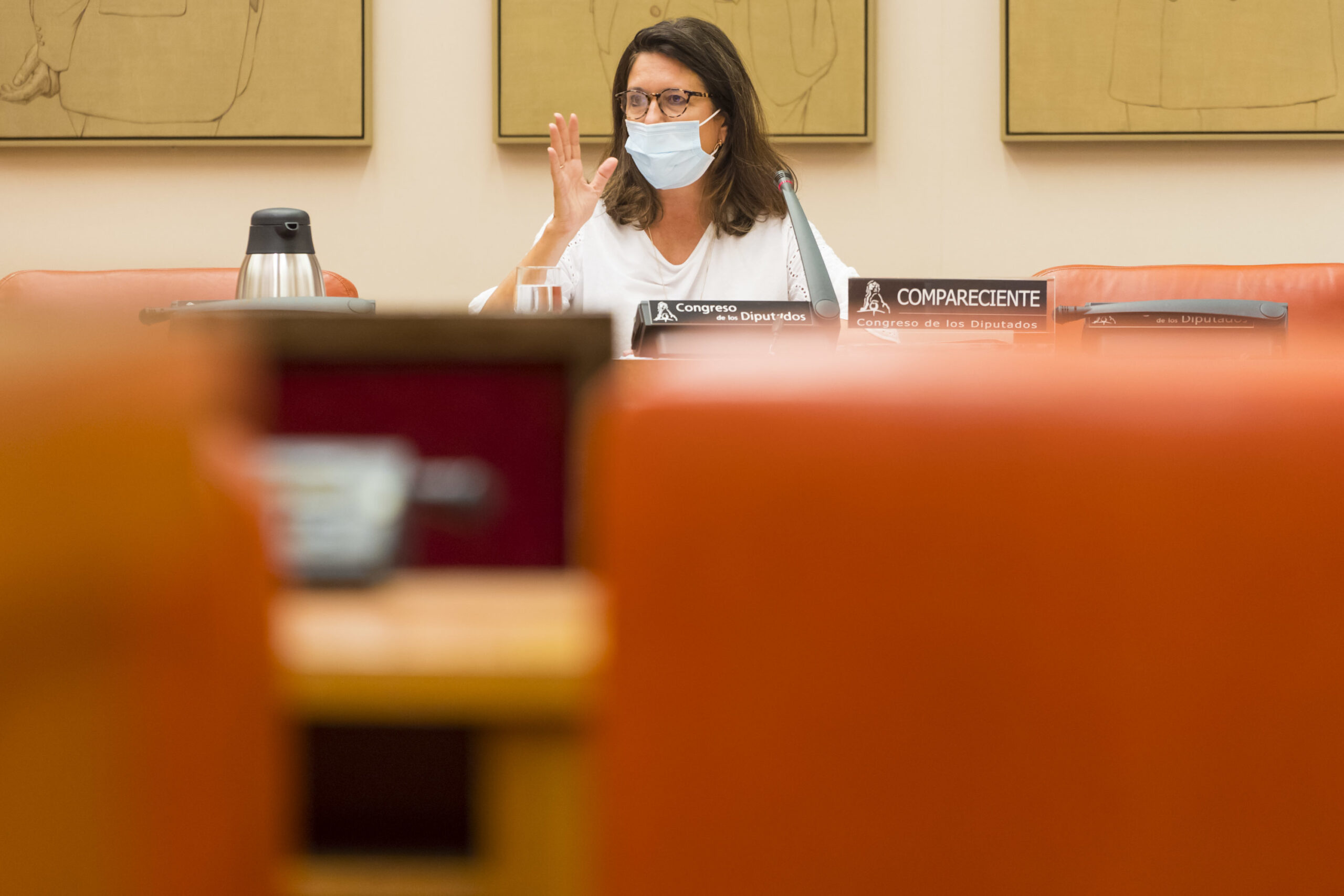The Supreme Court has annulled the distribution of positions of the Government and the PP to designate the president and number two of the Spanish Agency for Data Protection (AEPD). The Contentious-Administrative Chamber finishes off what it already pointed out two months ago, when it agreed to provisionally suspend the agreement of the Council of Ministers last February that sent the agreed names to Congress.
The Fourth Section upholds the cassation appeal filed by one of the candidates included in the short list for the Presidency, who considered his fundamental right to equal access to public functions violated, for which it declares the nullity of the contested act.
The Government and the PP announced the names of those elected a month before the BOE launched the procedure for their election, which was supposed to be a merit contest. What happened was so crude that, after the precautionary suspension by the Supreme Court, the State Attorney’s Office itself – which acts on behalf of the Government – assumed the appellant’s thesis.
The surrender of the Advocacy -search, in procedural terms- led to the estimation of the appeal, something that neither the Prosecutor’s Office nor the one chosen to occupy the Presidency of the AEPD opposed. Thus, the concise sentence notified this Wednesday is limited to ratifying some of the harsh passages of the car with which the agreement of the Council of Ministers was suspended.
In particular, the sentence drafted by Judge José Luis Requero indicates that the Government’s agreement was “vitiated at the root” from the moment that, “purely speaking, there is no such process [of selection], but a mere appearance, with affectation to the appellant’s right to due process for access to a public position of special relevance”.
The Chamber reiterates that “the current regulations regulate a competitive, public and transparent selection procedure”, which collides with the “notorious fact” that “one month and four days before convening this selective procedure, it was agreed, after in fact, the person who would occupy the Presidency and the Attachment of the AEPD was designated and elected”.
On October 14, the Secretary of State for Communication and the Popular Party issued a joint statement announcing an agreement to renew the Constitutional Court, the Court of Accounts, the Ombudsman and, in addition, the Presidency and the Deputy of the AEPD.
The next day they made public the names for the agency: Belén Cardona Rubert would be the president and Francisco de Borja Adsuara her number two. The first was at that time a high position in the Valencian government of Ximo Puig and the second had been a high position with the PP in the Government. A month after the names were known, the BOE published the bases of the selection process.
In its decision to suspend the procedure, the Supreme Court highlighted “the relevance” and “the seriousness” of what happened and warned of the “damage in terms of reputation for the AEPD, within Spain and before the European Union” that what happened could generate.
The system for choosing positions was reformed last June, following European regulations in this regard. Previously, it was the Government that directly chose the names, without further requirements.
Now the Ministry of Justice makes a call with the requirements and evaluable merits of the candidates. A committee selects those admitted, examines them and proposes a candidacy -it can be a short list- to the Presidency and another to the Deputy, taking into account the merits. The decision is sent to the Council of Ministers accompanied by a supporting report.
With this information, the Government accepts the proposal -or chooses from the list- and sends its decision to the Justice Commission of Congress, which votes on it. In this case, the Government sent to the Cortes a list of candidates for the Presidency and another for the Deputy. Formally, it left the decision in the hands of the Justice Commission, but in practice, according to the Supreme Court, they were only appearances.
The election procedure was appealed by the other two candidates for the Presidency, Ricard Martínez and Leonardo Cervera. Although their name formally appeared on the list sent by the Government to the Cortes, they knew reliably that they were not going to be chosen. Your thesis has just been appraised.
Conforms to The Trust Project criteria
















